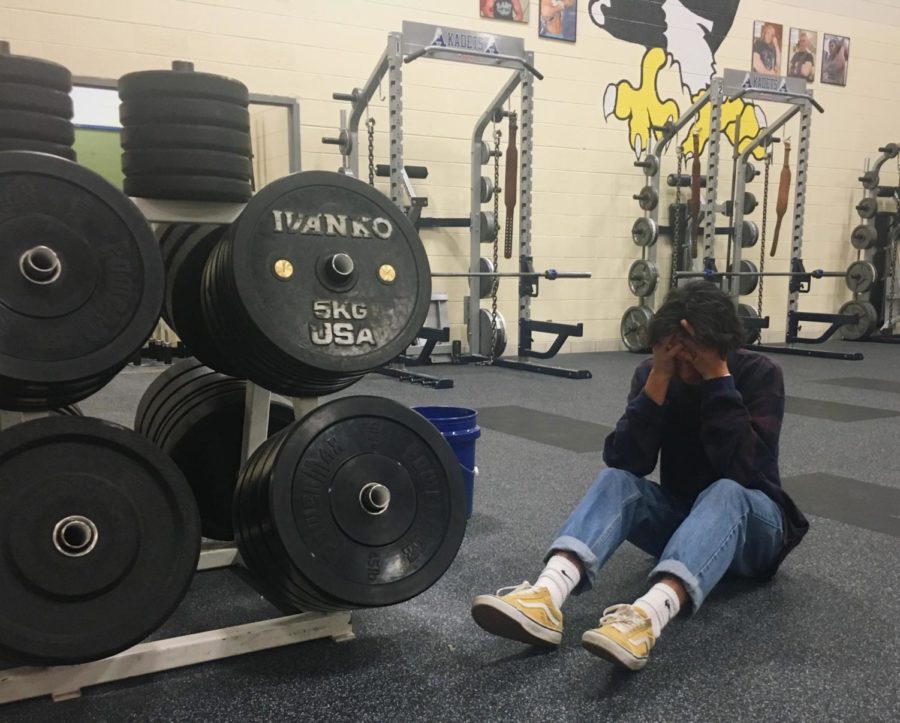The Misconception of Strength
Our common relation to the idea of “strength” is the misconstruction of brawn and impassiveness. Whether it is from the virility portrayed in the media or the unrealistic idea of toughness in our superheroes and role models – our conception of strength is skewed.
Emotional intelligence is not seen as a benchmark of strength when, paradoxically, it takes much more emotional and mental strength to be conscientious of our feelings than to disregard emotion as a weak, delicate thing.
According to the Intellectual Takeout, a database of rational journalism, journalist Shane Ralston explains that a common misconception of emotional intelligence is that it is a ‘touchy-feely’ or predominately feminine capability, “This isn’t necessarily true, going back to ancient Greece, the ability to control or regulate your emotions was perceived as a masculine trait. However, recent research shows than both men and women can lack emotional intelligence.” explained Ralston.
But Ralston isn’t the only one who believes that strength can be misperceived. Junior Carter Wood elaborated on the subject, “Strength in my perspective is all based around love. Not just love for others or items but also love for yourself. I think the first step to being emotionally strong is being able to be confident in who you are and being able to completely love yourself when times are tough.”
As Wood explained, love is rarely defined as a quality of strength. Strength has a widespread reputation of intensity, yet this trait is not implied in the context of emotion and feelings. Inversely, one who expresses intense feelings of emotion is passed off as sensitive and weak.
Sensitivity is a delicacy in a world consumed with the appeal of numbness. This is why vulnerability is such a precious quality.
As senior Jacob Silva observed, “It’s easy to sit in a corner and cry about how your life sucks but getting out there and sharing so that you can help someone else is harder.”
Silva expressed why this misconception is so dangerous. Vulnerability helps people. It strengthens the roots of human existence; authentic connection and support.
Marie Loerzel, a certified grief counselor provided her experience with the topic, “The notion of being strong for someone else by not crying/expressing emotion isn’t helpful to anyone. In fact, repressed emotions can manifest themselves physically and cause illness and disease.”
The paradox of the situation is remarkable; the idea that strength is to repent sensitivity can actually make one less physically strong.
As a result, many people can feel enslaved to the obligation of numbness and repellent towards their emotions, and in return, curves them down a path of further emotional unhappiness. This is not strength, and the perception that it is, can be hazardous.
The Heathline Newsletter, a resource for online heath education, explains that emotional numbness is not permanent, despite how it may feel.
Encouraging yourself to be vulnerable with yourself and others is a rebellious act. When society is plagued with sorrow and pain, expressing emotion initiates a domino affect of support and genuine connection in a world that so desperately needs it.
Humanity is hungry for vulnerability, yet petrified to say it out loud. Break the misconception – be rebellious, be tough and be strong and speak up.

Hello! My name is Elina Landin, I am a junior at air academy. Putting the premise of my life into a few sentences is difficult however, writing, music...








